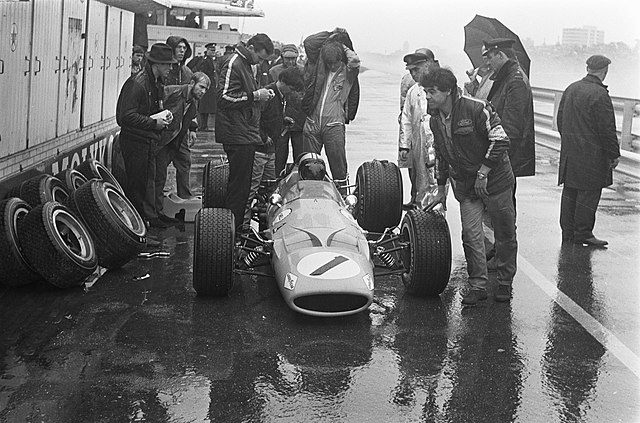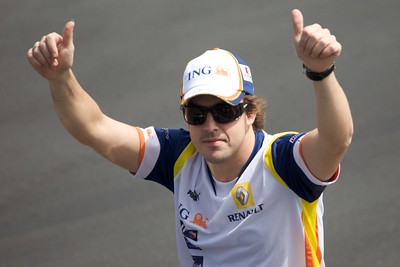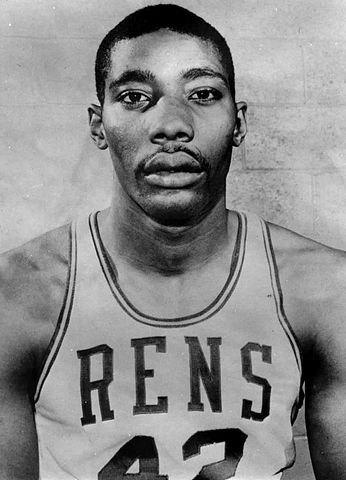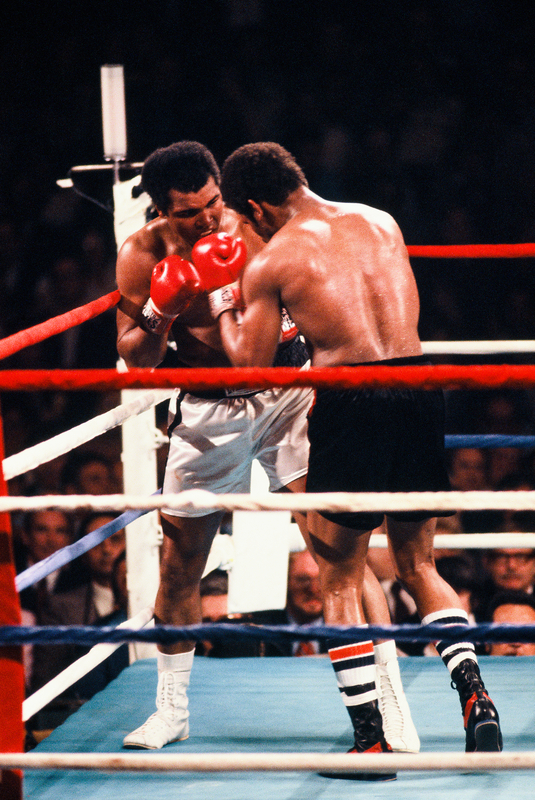Formula 1 season 1967: The surprises from the Green Continent continue!
After the dynamic and unexpected season in 1966., the Formula 1 championship was radically changed. On the agenda are questions related to ensuring the safety of the pilots and the need for technological updates to make the cars even faster and easier to drive. The 1967 season began with the introduction of just such a project - the new Lotus engine, which is still considered one of the best of its time. With such a revamp under the hood thanks to working with Ford, Lotus has ambitions to return to the championship scene, both for drivers and constructors.
However, the past season also put on the agenda the talent that the Australian drivers possess. After the undisputed success of Jack Brabham with Brabham-Repco, a new star is emerging who is capable of sealing success for the British team again - Denny Hulme.
The battle for the title is between the defending champion Brabham, the experienced Jim Clark and the extremely talented Hulme. There were 11 starts in the 1967 season, including the South African Grand Prix. A Brabham-Repco driver for the second year in a row tops everyone and wins the title. Although Jim Clark won 4 of the 11 starts and Denny Hulme only 2, better performances and successes at more key times took him to the triumph. And also, Hill becomes the first pilot, who became world champion without a single start from pole position. An achievement that Niki Lauda was about to achieve later in 1984. Hulme is also the first and only New Zealander to triumph with the title in Formula 1. Second and third are Jack Brabham and Jim Clark. Among the constructors, the team of Brabham-Repko is once again above all. Lotus, who attack the title with a new engine, remain second.
The 1967 season was also marked by two violent incidents in which people died. At the Monaco circuit, Ferrari driver Lorenzo Bandini lost his life in a horrific crash after losing control. Later at Silverstone, British driver Bob Anderson died during testing as a result of the wet pavement. This once again leaves a dark mark on the Formula 1 championship and once again raises a number of driver safety questions, the most important of which is: Are there measures in place to stop this?




